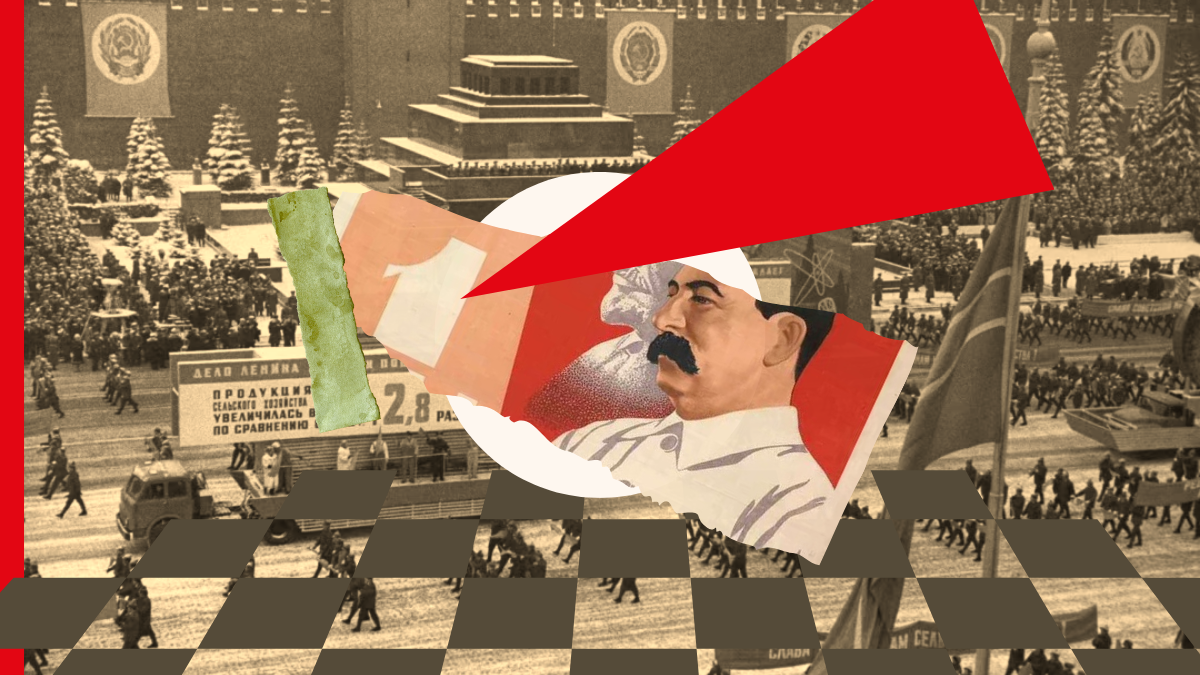Moscow Calling – September 11
Ella Pamfilova: Russia has learned to hold elections in extreme conditions
Ella Pamfilova, chair of Russia’s Central Election Commission, said that the country’s electoral system has successfully adapted to external pressure and interference, TASS reports. She said that recent years have been accompanied by a “rampant campaign against Russia” unleashed by the West, which has placed Russian institutions under extreme conditions. Despite this, she added, the CEC and regional election commissions have learned to work together to ensure that elections are held in all circumstances. Pamfilova stressed that the Russian electoral system remains stable and capable of fulfilling its tasks, even under conditions of informational and political pressure (TASS).
Intended effect: The statement aims to demonstrate the strength and independence of the Russian electoral system, as well as to highlight the external threat from the West. It reinforces Russia’s image as a state resisting hostile external actions and aims to bolster public confidence in the legitimacy of domestic elections.
Drone incident in Poland sparks controversy
The Russian state news agency TASS compiled a selection of responses to the drone incident in Poland that occurred on the night of September 9-10. The Polish leadership considered the incident a “large-scale provocation” and began consultations with NATO under Article 4 of the treaty. The European Union emphasized that it considers the incident a deliberate violation of its borders. The Belarusian government stated that its air defense forces had detected and shot down some of the drones moving from Ukraine and had promptly notified Poland and Lithuania. Kyiv officials refrained from commenting. Meanwhile, the Russian government did not react to the incident (TASS).
Intended effect: The variety of reactions from different parties underscores the differing interpretations and intensifies the sense of uncertainty. Moscow’s silence portrays Russia as a distant observer of the growing controversy surrounding the incident.
Kommersant: Pashinyan and Putin discuss prospects for deepening Armenia-Russia relations
Armenian Prime Minister Nikol Pashinyan told parliament that he held talks with Russian President Vladimir Putin on the sidelines of the SCO summit in China, Russian outlet Kommersant reports. According to Kommersant, Pashinyan said that the dialogue focused on opportunities to deepen Armenian-Russian relations, including in the context of recent agreements with Azerbaijan in Washington that open up new prospects for cooperation with Russia and Iran. Putin’s press secretary Dmitry Peskov described the meeting as “very good and lengthy,” emphasizing the positive nature of the discussion (kommersant.ru).
Intended effect: The article emphasizes Armenia’s willingness to maintain and develop ties with Russia, despite the complex regional background and Western mediation. This strengthens Moscow’s image as a crucial partner for Yerevan and shows that even agreements involving the U.S. can be seen as beneficial to Russian-Armenian relations.
Turkey signs long-term contracts for LNG supplies
At the Gastech conference in Milan, the Turkish state-owned company Botas signed agreements with eight suppliers for three-year supplies of liquefied natural gas totaling about 15 billion cubic meters, Russian propaganda outlet EADaily reports. The partners include Germany’s SEFE (formerly Gazprom Germania), Japan’s Jera, as well as producers Equinor of Norway and Cheniere of the United States. According to the outlet, the contracts signify Turkey’s transition from spot purchases to long-term agreements. According to experts, this will enable Ankara to stabilize its energy supplies and reduce its dependence on market fluctuations. Meanwhile, Turkey continues to develop its own Sakarya gas field in the Black Sea, hoping to cover about a quarter of its national gas consumption with domestic production by 2028 (EADaily).
Intended effect: The article highlights the diversification of Turkish energy supplies and the decline of Gazprom’s role in favor of international traders and producers.
